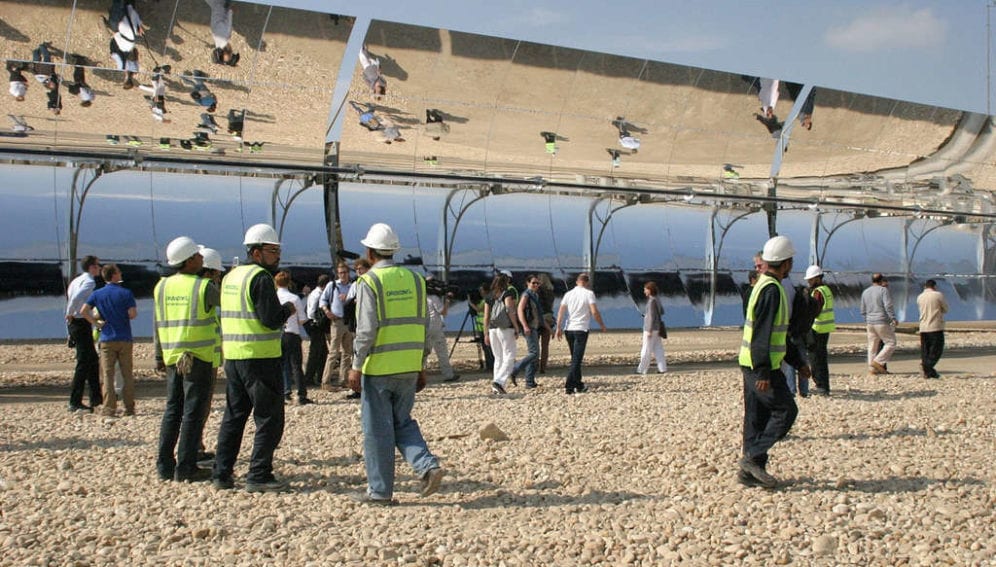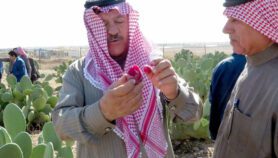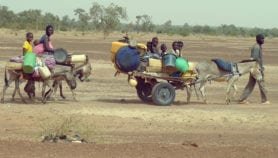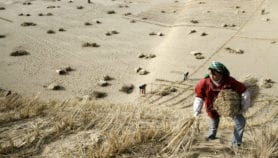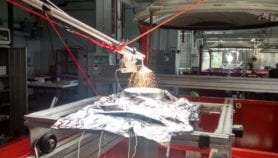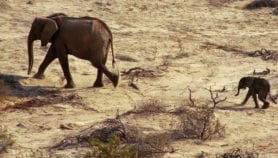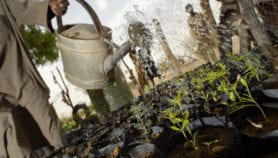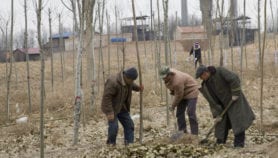By: Imogen Mathers
Send to a friend
The details you provide on this page will not be used to send unsolicited email, and will not be sold to a 3rd party. See privacy policy.
A global project that aims to tap the world's deserts for renewable energy has lost a key partner, it was announced earlier this week (1 July).
Citing "irresolvable disputes", the DESERTEC Foundation — a global civil society organisation that promotes sustainable energy production from deserts — has severed its ties with Dii, the industrial consortium tasked with turning the foundation's vision into reality.
"Many Dii activities over the last few weeks — particularly management disputes — were harmful to the DESERTEC idea," Thiemo Gropp, the foundation's co-director, tells SciDev.Net.
"There were so many headlines and public disputes that we felt we had to step back to protect the DESERTEC idea and brand," he adds. For example, Gropp says he read in newspapers of rows between the managing directors of organisations claiming to be working under the foundation's auspices.
In a press release published on 1 July, DESERTEC also described disagreements between Dii and the foundation over "future strategies, obligations and their communication and last but not least the managerial style of Dii's top management". [1]
It added: "[The] DESERTEC Foundation also wants to avoid being dragged into the maelstrom of negative publicity about the management crisis and disorientation of the industrial consortium".
Gropp tells SciDev.Net that the foundation will ask Dii to stop using the DESERTEC brand name.
The DESERTEC concept was launched in 2003, inspired by the idea that the world's vast deserts and arid regions could be harnessed to produce clean, renewable energy — mainly solar and wind power.
In 2009, the foundation was launched by public figures, politicians, scientists and private individuals.
In the same year, Dii was created by 12 businesses and the foundation to help implement the project across Europe, the Middle East and North Africa. More than 50 companies and institutions are now members.
Top-down accusation
But Dii has been accused of being too Eurocentric and 'top-down' in its approach, of lacking transparency and of failing to sufficiently reflect the opinions of local scientists, as well as the interests and views of local people whose livelihoods depend upon deserts.
Gropp says he can understand why people might have concerns about how Dii works, but the foundation, he points out, has remained faithful to its original mandate of working in partnership with local people.
"If you look at our criteria, the generation of energy is just one pillar," he explains. "The other main criteria are local benefit, job creation and socioeconomic impact. These are extremely important to us."
In late 2012, the departure of the German corporations Bosch and Siemens — coupled with murmurings of waning governmental support for the project — led some to suggest that DESERTEC's future was in the balance.
Revolution and political volatility in parts of the Middle East and North Africa over the past three years have also destabilised projects and weakened investor confidence.
Gropp says it is hard to safeguard operations in currently unstable countries. A DESERTEC project in Tunisia, for example, has been challenging, he says: "Right now, legally and politically, it's not possible to export power from their solar plant at all."
He adds: "We will give support if it is needed, but we can't wait around for these countries to move forward with DESERTEC. Instead we will focus on other countries."
For example, the foundation is "very optimistic" about its expanding operations in Morocco and the Arabian Peninsula, and has begun to make inroads into South America, particularly Chile, Gropp says.
Dii declined SciDev.Net's request for an interview and did not respond directly to a request for a reaction to the foundation's concerns about Dii's management. In an emailed statement, it said that it respects the foundation's decision, but does not "believe that this development [affects] the realisation of desert power".
It adds: "The foundation has little impact on determining Dii's objectives, strategy or activities. Questions raised about the rights to the DESERTEC name are not effective for our in-depth, substantive work. We prefer to focus on advancing the idea of desert power."
Meanwhile, although the foundation has left Dii, Gropp adds that "it is possible that in time, when Dii has settled down and restructured internally, we might sit down together again. But first it must solve its strategic and governance issues."
Video on the DESERTEC vision
References
[1] DESERTEC Foundation DESERTEC Foundation is leaving the industrial consortium Dii (DESERTEC Foundation, 1 July 2013)


